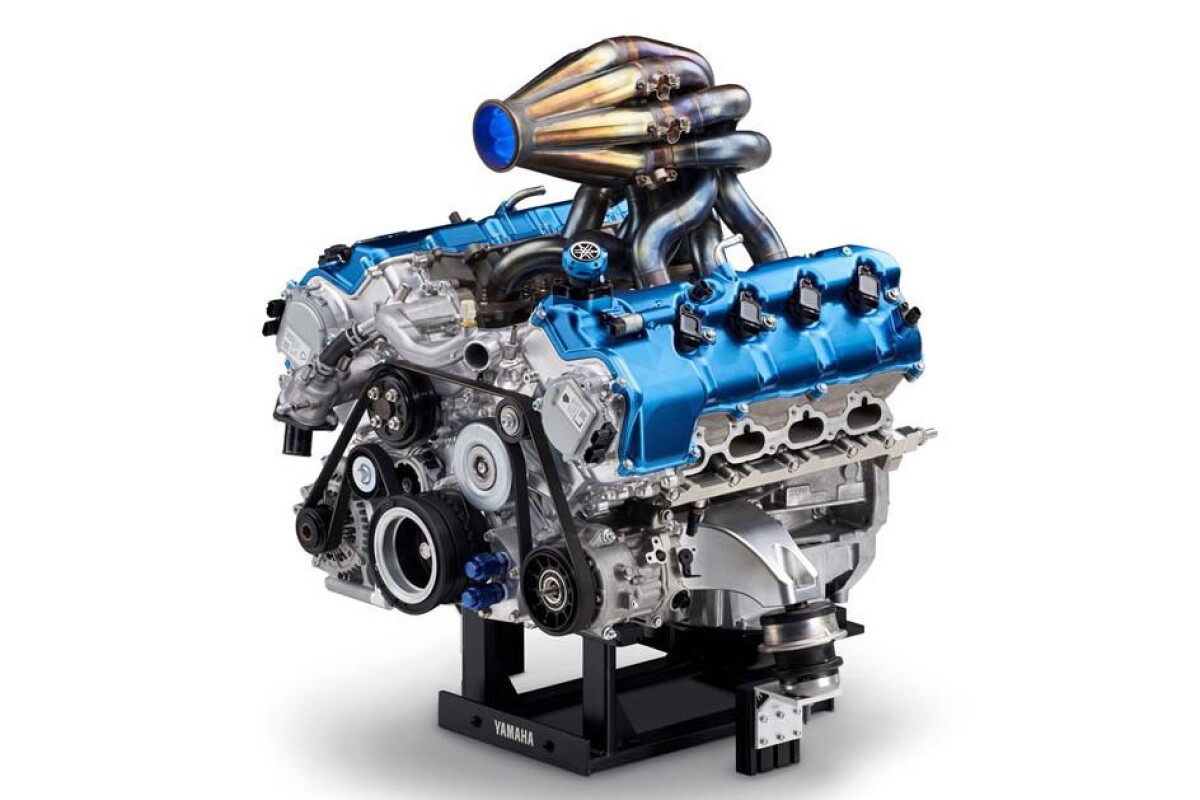A Complete Overview to Picking the Right Engine for Your Task
Picking the appropriate engine for your task is a crucial decision that can substantially affect its total success. It is imperative to carefully define your project requires, assess efficiency needs, and take into consideration user-friendliness along with other essential factors. Furthermore, recognizing the neighborhood support available and inspecting cost implications can additionally refine your option. Each of these components plays a crucial function in making certain that your chosen engine not only fulfills immediate objectives yet also straightens with long-term aspirations. As we check out these considerations, you may discover that the subtleties of each element reveal greater than initially expected.
Specify Your Project Demands
Specifying your project requires is an essential step in selecting the proper engine for effective execution. A detailed understanding of your task's purposes will certainly guide you in recognizing the capabilities and attributes called for from an engine. Begin by laying out the range of your project, including the preferred functionality, target market, and the specific end results you intend to achieve.
Next, consider the technological needs that straighten with your project goals. This consists of reviewing the compatibility of the engine with existing systems, in addition to the shows languages and structures that will certainly be used. Additionally, examine the level of scalability needed to suit future growth or modifications in demand.
Budget restraints likewise play an important role in defining your project requires. Develop a clear economic structure to assist your decision-making process, making sure that the engine chosen fits within your spending plan while offering the required functionality.
Evaluate Efficiency Requirements

Engines that support horizontal scaling are commonly better for bigger applications. Additionally, assess the engine's performance under various problems, such as peak use situations, to guarantee it meets your reliability standards.
Take Into Consideration Convenience of Usage
While technological requirements are necessary, the simplicity of use of an engine can significantly influence the advancement process and overall task success. An user-friendly interface, clear documents, and streamlined operations can substantially minimize the knowing contour for developers, allowing them to concentrate on creativity and analytic as opposed to grappling with complicated tools.
When examining an engine's ease of usage, think about the onboarding experience. A well-structured intro, complete with tutorials and example projects, can assist in a smoother transition for new customers. Furthermore, the quality and comprehensiveness of the engine's paperwork play a crucial function; comprehensive overviews and API recommendations can encourage designers to repair and implement attributes effectively.
An engine that allows for easy modifications my response can be more user-friendly, as developers can tailor it to fit their particular needs without comprehensive trouble. Eventually, selecting an engine that prioritizes simplicity of use can lead to a more effective and delightful growth experience.
Assess Neighborhood and Support
The stamina of an engine's community and support network can greatly influence a developer's experience and success. A vibrant area often shows a wide range of shared knowledge, sources, and repairing help that can enhance your task's growth process. When assessing an engine, take into consideration the dimension and activity degree of its community. Bigger neighborhoods usually offer extra forums, tutorials, and third-party plugins, enabling designers to find remedies a lot more efficiently.
Furthermore, review the accessibility of main support networks. Reputable documentation, responsive consumer support, and routine updates are important for resolving technical concerns and maintaining your task on the right track. Engines For Africa. Active communities additionally foster cooperation, providing chances for networking and responses, which can be indispensable, particularly for small groups or independent programmers
Additionally, check out the visibility of community-run occasions, such as meetups or hackathons. These events can enhance your understanding of the engine while attaching you with prospective partners and knowledgeable individuals. In recap, a durable area and support system not only improve growth but also create an atmosphere favorable to discovering and advancement, inevitably boosting the chance of your task's success.
Contrast Expense and Licensing Choices
Budget plan factors to article source consider play a crucial role in selecting the right engine for your project, as the price and licensing alternatives can dramatically influence both temporary costs and long-lasting practicality. Engines For Africa. Different engines provide differing pricing frameworks, which can include one-time acquisition charges, membership designs, or revenue-sharing arrangements based upon your job's profits

Licensing options additionally differ dramatically. Some engines are open-source, supplying adaptability and community-driven assistance, while others may require exclusive licenses that limit usage and circulation. Recognizing the ramifications of each licensing model is vital, as it influences ownership rights, future scalability, and possible legal responsibilities.
Conclusion
To conclude, choosing the appropriate engine for a job requires a complete analysis of defined project demands, performance needs, simplicity of use, area support, and price factors to consider. By systematically resolving these vital factors, decision-makers can make certain positioning with both future and present task demands. A well-informed option ultimately boosts the possibility of task success, enabling reliable resource allocation and maximizing possible outcomes within the specified financial constraints.
Choosing the ideal engine for your project is an essential decision that can dramatically impact its general success.Specifying your project needs is a critical step in choosing the proper engine for effective implementation. A detailed understanding of your project's objectives will guide you in recognizing the abilities and functions called for from an engine.Once you have a clear understanding of your job needs, the next step is to examine the performance requirements of the engine.In final thought, choosing the ideal engine for a task necessitates an extensive analysis of specified task demands, efficiency requirements, ease of use, community support, and cost considerations.